This article was published in Forbes on Dec. 28th, 2023
In the thirty years I’ve spent in this industry, I’ve used many words to describe the work of property management—including some that aren’t fit to print here—but never have I called it “relaxing.” And property management is my specialty! It’s the air I breathe. So you can bet that if you’re a rental owner who hasn’t deliberately entered into a career in management, you probably won’t find it relaxing either.
I can’t point to any actual statistics (though I wish I could because I’d love to paste them all over our website), but I would bet that, on average, the blood pressure of self-managing rental owners is higher than that of owners who’ve hired managers to oversee their property. Owners who work with capable managers get the good without the bad, the passive income without the pain. So let’s talk about three ways effective property managers help them achieve that—and how to find the right property manager.
1. Handling Stressful Communications With Tenants
Your time is valuable, and the work of keeping up with tenant needs can, at times, seem endless. So, hand over communications to somebody whose experience in the industry has made them an expert at resolving tenant conflicts and providing tenants with the services and information they need.
Delegating this taxing work to a person or company you trust can give you more time to focus on the things and people who matter most to you, as we’ve heard from scores of property owners over the years—not just our clients but clients of other qualified managers as well.
2. Assuring You The Work Is Ongoing
There’s peace in knowing exactly where the money you’ve paid for a service is going. If you’ve handed over property management to a professional, you’ve made the decision, so the hard part is over. Now, the people you’ve hired are actively working on your behalf while you do whatever else you find meaning in.
The best property managers will make sure that you’re never in the dark about the work they’re doing at your properties and provide you with however much (or however little) detail you’ve told them you’d like to receive.
3. Improving Profits
Forgive me for laboring the point, but as I’ve expressed previously, well-executed professional property management doesn’t just give an owner back their time—it actively improves their property’s profits.
Tenant retention can lead to fewer vacancies, ensuring consistently and reliably collected rent. Preventative maintenance extends the life of a building and reduces the frequency of necessary repairs. And all of these things add up to improve the resale value of the property over time. Take a deep breath: Inhale the benefits, and exhale the stress.
Finding The Right Property Manager
As I’ve written about previously, when evaluating a property manager, I suggest asking three questions: (1) How fast do you turn vacancies? (2) How often do you walk the properties you manage? and (3) What regular preventative maintenance measures do you perform? Those will put you well on your way to understanding the way a manager works in the day-to-day.
In addition to those, I recommend checking with a manager to see if they’ve got experience/expertise in your specific property type. If you’re a commercial owner, make sure your prospective manager has worked extensively in managing commercial property and has personnel on staff who specialize in that area. The same goes for luxury property, which calls for a unique skill set.
If you’re looking at reviews online, the experience of other property owners who’ve hired a company will offer the best insights into their service.
We may not know how to teach yoga or guide meditations, but property managers know a thing or two about relaxation because we work hard to provide it for owners of rental property.
